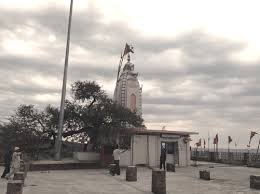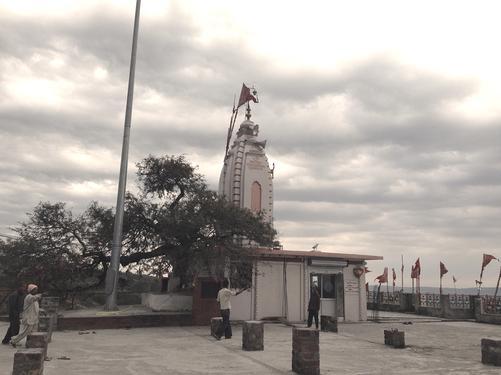Julfa Mata Temple is situated in a small town of Nangal, in the district of Rupnagar, in the state of Punjab, in Northwest India. It is one of the fifty one Shako Peethas. According to the local legends and religious scholars, it is strongly believed that the hair of the deity fell at this particular […]
Nangal
Nangal is a small town situated in the Rupnagar district of Punjab, India. It is renowned for its scenic beauty, as it is nestled in the foothills of the Shivalik range. The town is also home to several temples that attract devotees from far and wide.
The most famous temple in Nangal is the Gurdwara Sri Hargobind Sahib, which is dedicated to the sixth Sikh guru, Guru Hargobind Ji. It is situated on the banks of the Sutlej river and is a significant pilgrimage site for Sikhs. The temple has a beautiful architecture, with intricate carvings and paintings that depict the life of Guru Hargobind Ji.
Another popular temple in Nangal is the Mata Naina Devi Temple, which is located atop a hill overlooking the town. It is believed that the temple was built on the site where the eyes of Sati, the wife of Lord Shiva, fell after her body was dismembered by Lord Vishnu’s Sudarshan Chakra. The temple has a stunning view of the surrounding hills and valleys and is a must-visit for anyone traveling to Nangal.
The Ram Mandir in Nangal is also a significant temple that attracts devotees from all over the region. The temple is dedicated to Lord Rama, one of the most revered deities in Hinduism. The temple has a peaceful ambiance, and the idol of Lord Rama is intricately crafted and exudes an aura of divinity.
Julfa Mata Temple, Nangal, Punjab
Julfa Mata Temple, Nangal, Punjab Date built: – Deity: – Architectural style: – Major festivals – Locale: – District:: Nangal Address: – Phone – The Julfa Mata Temple is a Hindu temple in the town of Nangal in north India. According to the story, there were demons who were harassing gods over the Himalayan Mountains. Gods decided to destroy them. Lord Vishnu was leading them. The Gods focused […]


